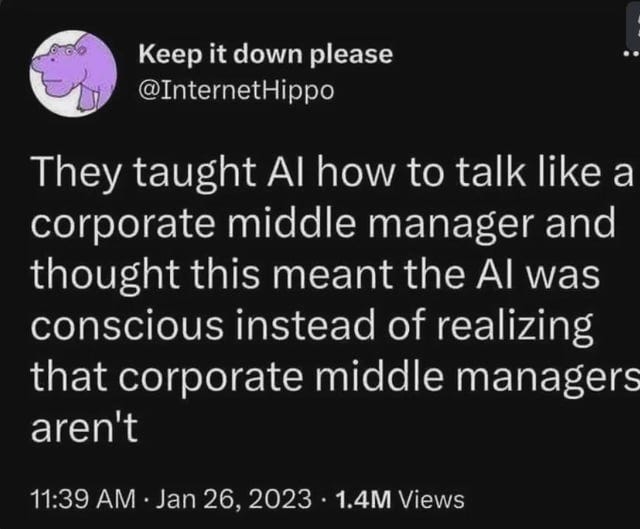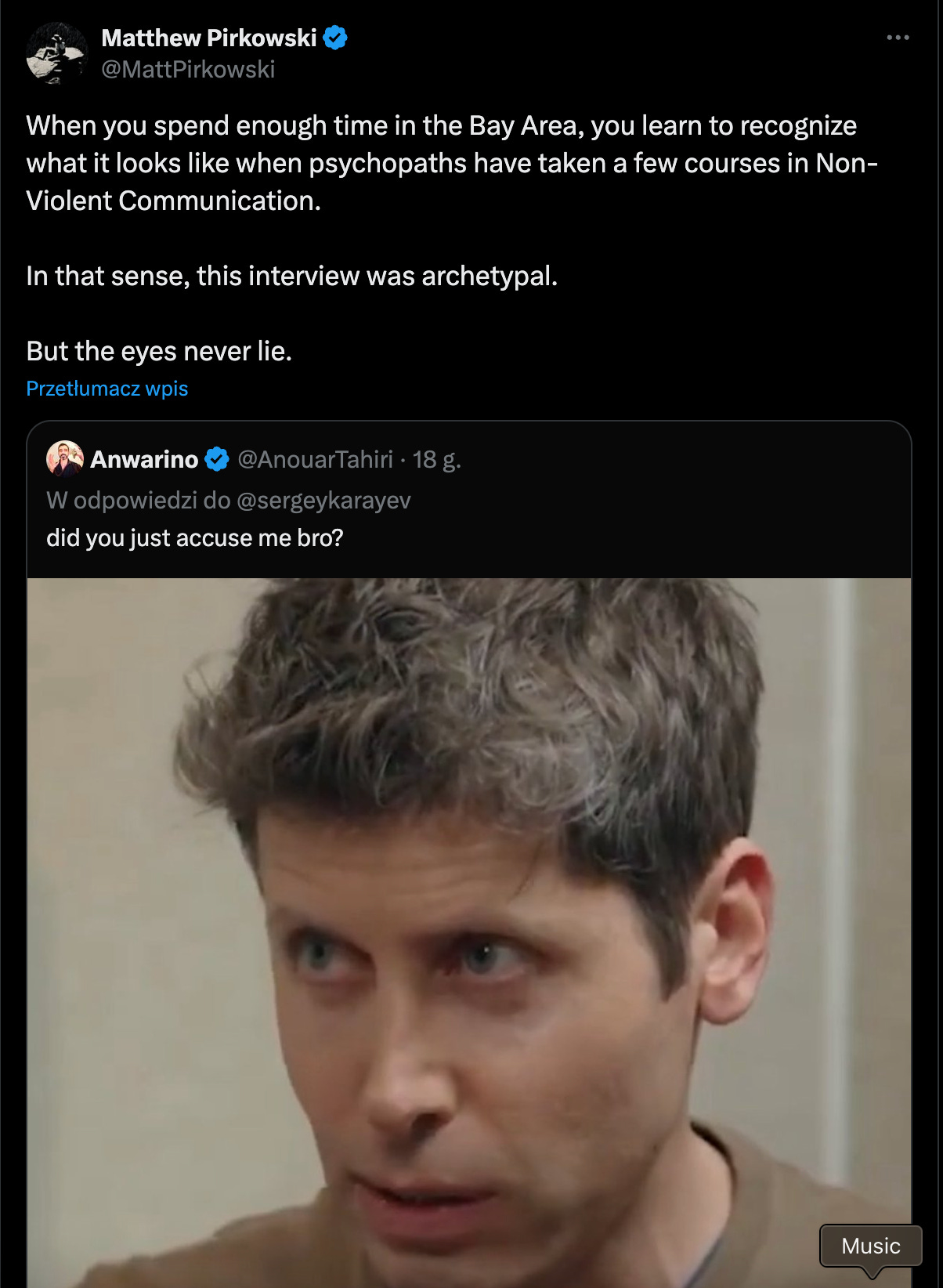APPLICATIONS
Google Research and DeepMind have introduced VaultGemma:
LLM based on Gemma, trained on 13T tokens, from scratch, with built-in differential privacy
DP works by adding calibrated noise during training, providing mathematical guarantees that it learns general patterns without memorizing sensitive details from any single data point.
Performance comparable to GPT-2–era models, no detectable data memorization
Available as open-weight checkpoints on Hugging Face and Kaggle
Blog: https://research.google/blog/vaultgemma-the-worlds-most-capable-differentially-private-llm/
Paper: https://arxiv.org/abs/2501.18914
Vietnam recently implemented a nationwide digital ID system that requires both citizens and foreign residents to give the government their personal information in a centralized database. By personal I mean: fingerprints, facial biometric data, photographs, passports, nationality, criminal records, and medical records. Participation is not optional.
As a result, millions of bank accounts are being terminated in Vietnam. Why? If you haven’t submitted your ultra personal stuff, you lose access. The message is clear: compliance is survival - and yes, I am intentionally riffing off Orwell here.
For now it’s Vietnam only (afaik), but make no mistake: ideas like that always spread. Repeat after me: the innocent have nothing to fear.
Also, yay for progress.
Deep research continues to be a hot topic:
WebResearcher is a new agentic framework designed for complex, long-horizon information-seeking tasks
It uses a paradigm called 'IterResearch' to overcome common issues like context suffocation: the method treats deep research as an iterative process where the AI continuously consolidates its findings into an evolving report (Markov Decision Process, for the mathematically inclined).
As usual with these things, SOTA performance across multiple benchmarks.
Project: https://tongyi-agent.github.io/blog/
Repo: https://github.com/Alibaba-NLP/DeepResearch
HF model page: https://huggingface.co/Alibaba-NLP/Tongyi-DeepResearch-30B-A3B
Salesforce is not exactly the most beloved software on the planet, but the company has a rather good research team - and they just dropped a new paper:
It reveals that high-performing AI agents can be built using just three basic tools: web search, browsing, and Python code execution. This is apparently enough to beat more complex multi-agent systems. This suggests, ever so slightly, that the race to add more tools and sub-agents may be dead end street.
The research highlights that success hinges on using reasoning-optimized models (with RL) to prevent the AI from falling into repetitive patterns. The choice of model has a significant impact on token efficiency, which can make or break the unit economics of an AI-powered business. Tokens are getting cheaper, but “reasoning” models are using way more of them than they used to.
The paper advises investors to be wary of benchmark claims that may be inflated by data contamination - a polite way of saying that everybody’s overfitting on benchmarks, but only some have been caught red-handed.
Important: according to the authors, the performance gap between open-source and closed-source models is closing.
Paper: https://arxiv.org/abs/2509.06283
BUSINESS
Just when they thought they were out, they get pulled back in:
Chinese regulator has accused NVIDIA of antitrust violations related to its 2019 acquisition of Mellanox Technologies, despite Beijing’s initial approval
NVIDIA responded by pledging to cooperate with government agencies, no penalties have been issued yet
Trade talks are ongoing this week, so that feels like a negotiation tactic
https://finance.yahoo.com/news/china-finds-nvidia-violated-antitrust-081147850.html
Could be a coincidence, but I personally don’t think so:
China's top internet regulator has reportedly banned major tech companies like ByteDance and Alibaba from purchasing Nvidia's AI chips.
The ban specifically affects the new RTX Pro 6000D and H20 - we are talking canceled orders in the 10s of thousands
All in all, not a good week for Nvidia - but given their astronomical valuation, I am not exactly crying my heart out.
Lizardman Extraordinaire, a.k.a. Meta CEO Mark Zuckerberg, staged a demo of his abominable contraptions:
Meta announced two new wearable devices: the Ray-Ban Display smart glasses with a “high-resolution screen for outdoor use”, and the Meta Neural Band, a wrist accessory that detects hand movements for text input and controls.
The goal = who would anybody need this overpriced gizmo? To “serve as gateways” to "agentic AI" assistants that can understand the surroundings, retrieve information, and take action by integrating visuals and controls into their daily life.
Live demo was a ****show: the smart glasses repeatedly malfunctioned by initiating an unwanted video call that the Neural Band was unable to answer.
God willing, this will end up as Metaverse 2.0.
https://edition.cnn.com/2025/09/17/tech/meta-ai-smart-glasses-connect
Remember the whole “OMG TRUMP IS KILLING TIKTOK” screeching fest a while back? You know, the one that started when it turned out TT was the only outfit where Palestinian point of view on Gaza was allowed? Yeah, that one - well, the topic disappeared from the headlines (TT, not Gaza), but the whole thing was progressing:
TikTok US will be 80pct American-owned (Oracle, Silver Lake, Andreessen Horowitz, legacy investors) and 20pct Chinese-owned (ByteDance).
An American board will oversee operations, with direct US government oversight. A new US-only app will launch, using separate algorithms and running fully on American infrastructure.
Long story short, ByteDance licenses its tech but loses control; “creators” retain audiences while Washington gains control of US user data.
https://www.wsj.com/tech/details-emerge-on-u-s-china-tiktok-deal-594e009f
This is going to be fun: Google unveiled Agentic Payments Protocol (AP2) - agents are safe and mature, so giving them access to payments is a logical next step.
For the cognitively challenged: the above paragraph was sarcastic. Here’s what happened:
AP2 is an open standard enabling AI agents to transact on behalf of humans, with “cryptographic contracts ensuring intent and accountability.
American Express, Mastercard, PayPal, and Coinbase are already onboard - they are very happy about real-time cart mandates, delegated intent mandates, allegedly tamper-proof audit trails, and stablecoin/crypto support. Agents + memecoins. Goodness gracious.
CUTTING EDGE
Remember when everybody lost it when DeepSeek R1 came out? With the release of a the Nature paper, we know how they did what they did - and it’s quite remarkable:
Core Innovation: SOTA reasoning by using pure Reinforcement Learning that only rewards the model for getting the final answer correct, completely eliminating the need for human-provided, step-by-step reasoning examples.
Previous methods that forced models to copy human thinking (see above), but the "answer-only" reward system gives the model the “freedom” to invent its own novel and potentially superior reasoning strategies.
The mode starts with pure RL (R1-Zero) to grow core reasoning, followed by stages of supervised fine-tuning to improve language quality, and further RL rounds to produce the final R1 model.
We’ve all seen R1 demolishing every benchmark out there, but always worth reminding one: performance on the AIME 2024 math benchmark jumping went from 15pct to 86pct.
Paper: https://www.nature.com/articles/s41586-025-09422-z
Researchers are accelerating LLMs by reviving analog in-memory computing: a technique that performs calculations directly where data is stored. The method eliminates the primary bottleneck in current GPUs, where data is constantly moved back and forth.
The new design uses analog memory devices called "gain cells" to achieve up to massive speedups / energy efficiency for the attention mechanism. The best part: this is actually old school electronics at its core.
Paper: https://www.nature.com/articles/s43588-025-00854-1
FRINGE
Say what you want about Tucker Carlson, the most memeable man in the media does not pull punches. In a recent interview, he questioned Sam Altman about ChatGPT's moral framework - to which Altman, unsurprisingly, responded with a word salad about AI reflecting humanity's collective wisdom rather than dictating right and wrong. Things started getting real fun when they got to Suchir Balaji - the OpenAI whistleblower, whose death was ruled a suicide.
Full interview:
ChatGPT but for DNA: what could possibly go wrong? Evo was trained on 80k genomes and it has generated synthetic proteins that resemble natural ones. The creators claim it could soon design “completely new genetic blueprints for life”. Overall, it has a serious vibe of “The Island of Doctor Moreau”, but with extra hallucinations.
RESEARCH
TIGER-AI-Lab has introduced VerlTool, a framework that addresses limitations in Agentic Reinforcement Learning. It provides unified, modular platform for tool use, and formalizes tasks as multi-turn, multi-modal trajectories.
Paper: https://arxiv.org/abs/2509.01055
Handy, but not exactly revolutionary: an OpenAI paper argues that LLM hallucinations are not random errors but predictable outcomes of training and evaluation systems that incentivize confident guessing over honest uncertainty. The proposed solution? Change evaluation benchmarks to stop penalizing and instead reward models for abstaining when they are unsure, which would encourage more trustworthy AI.
Paper: https://cdn.openai.com/pdf/d04913be-3f6f-4d2b-b283-ff432ef4aaa5/why-language-models-hallucinate.pdf
Adaptive Filter Attention (AFA) is a new type attention mechanism that incorporates a learnable dynamics model, treating input sequences as observations of a linear stochastic differential equation to compute attention weights.
Paper: https://arxiv.org/abs/2509.04154





